- Emergency No. 8840374798
-
Address
104A /Rambagh, P Road, Kanpur Nagar
Opposite Har Sahai School
General Physician
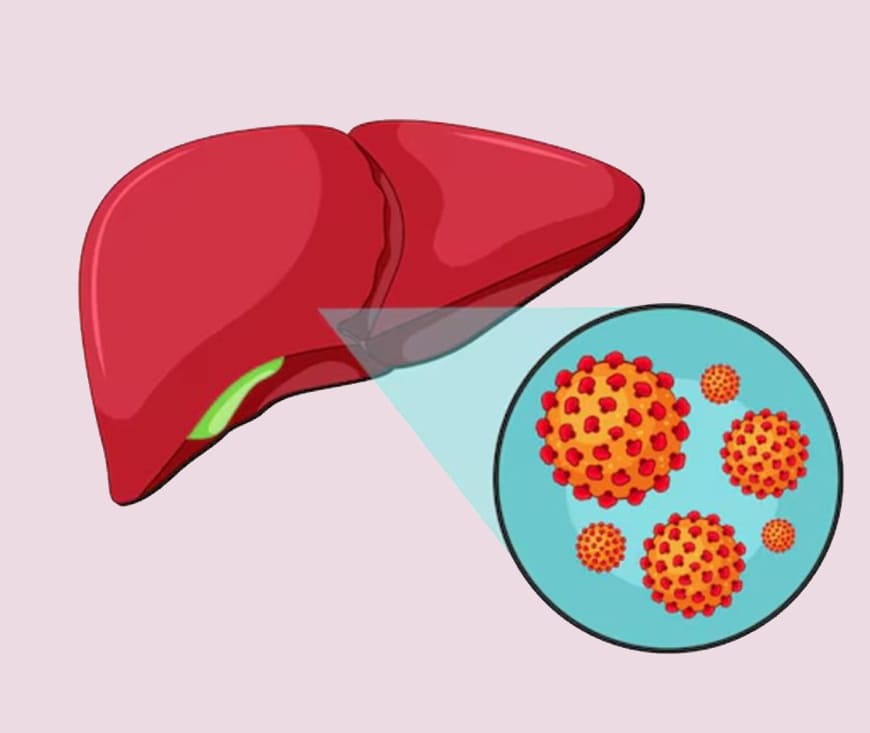
Hepatitis treatment focuses on reducing inflammation and preventing liver damage. Antiviral medications, lifestyle changes, and proper medical care help manage the condition. For chronic hepatitis, medications like interferon or direct-acting antivirals may be used. Early detection and regular monitoring are essential for effective management and improving quality of life.
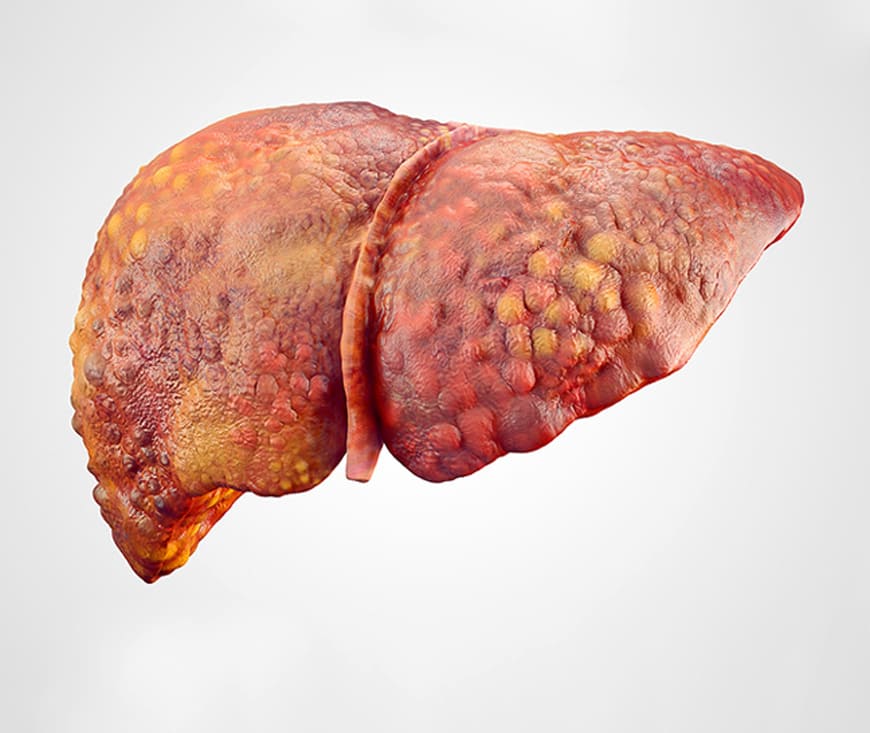
Liver cirrhosis treatment aims to manage symptoms, slow progression, and prevent further liver damage. Medications, lifestyle changes, and a healthy diet are crucial. In advanced cases, a liver transplant may be necessary. Early diagnosis, regular monitoring, and medical care can improve outcomes. Consult a healthcare provider for personalized treatment and care options.
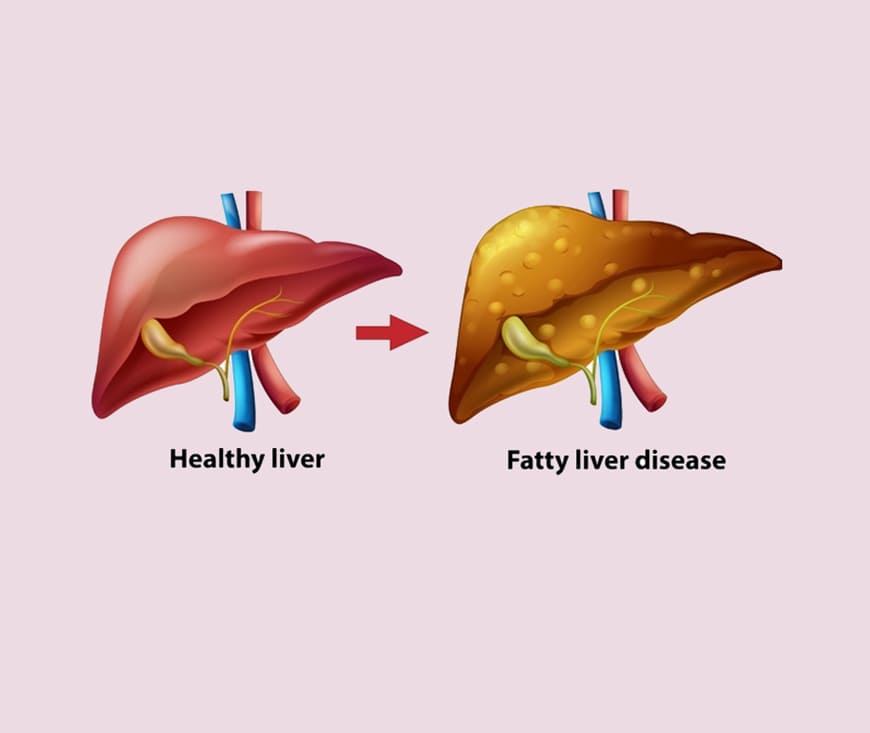
Fatty liver disease treatment focuses on lifestyle changes and managing underlying conditions. A balanced diet, regular exercise, and weight loss are essential in reducing liver fat. Medications may be prescribed for related conditions like diabetes or high cholesterol. Early diagnosis, along with regular monitoring, can prevent complications. Always consult a healthcare provider for personalized treatment.

Alcoholic liver disease treatment involves stopping alcohol consumption to prevent
further liver damage. Medical interventions may include medications to manage symptoms,
treat complications, and support liver function. A balanced diet, weight management, and
regular monitoring are crucial. In severe cases, a liver transplant may be necessary.
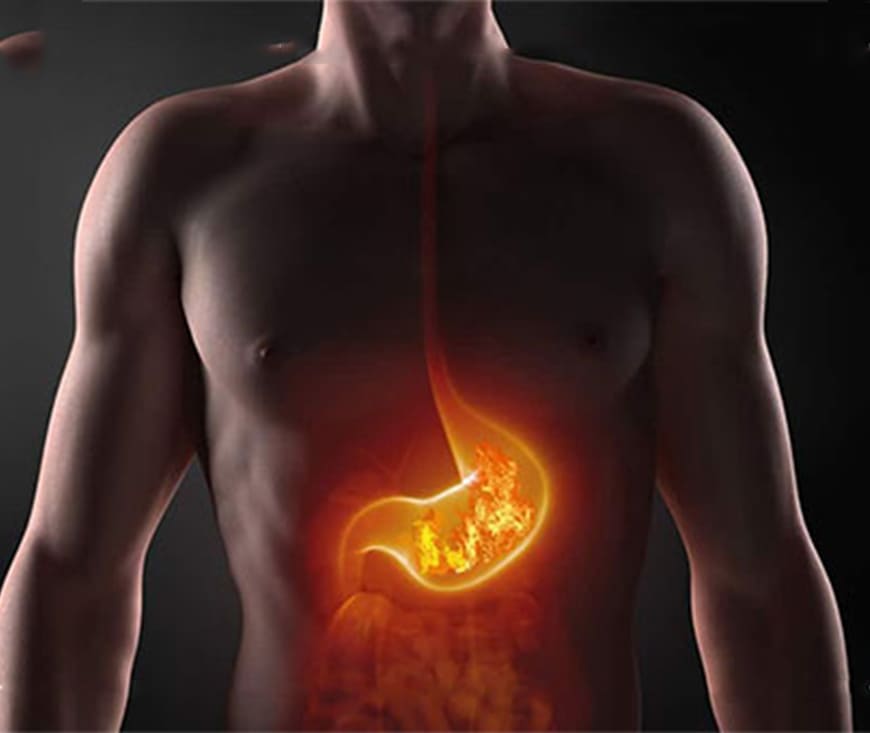
Acidity, or acid reflux, occurs when stomach acid backs up into the esophagus, causing discomfort or a burning sensation. Treatment includes antacids, proton pump inhibitors, and H2 blockers to reduce stomach acid. Lifestyle changes like avoiding spicy foods, eating smaller meals, and managing stress can help. Regular medical check-ups are important for chronic cases.

Abdominal pain can result from various causes, such as indigestion, gas, infections, or
more serious conditions like ulcers or appendicitis. Treatment depends on the cause and
may include pain relievers, antibiotics, or dietary changes. If the pain is severe or
persistent, it's important to seek medical attention for proper diagnosis and treatment.

Constipation is a common digestive issue characterized by infrequent or difficult bowel movements. Treatment includes increasing fiber intake, drinking plenty of water, and regular physical activity. Over-the-counter laxatives or stool softeners may provide relief. For chronic constipation, it's important to consult a healthcare provider to identify underlying causes and appropriate treatments.
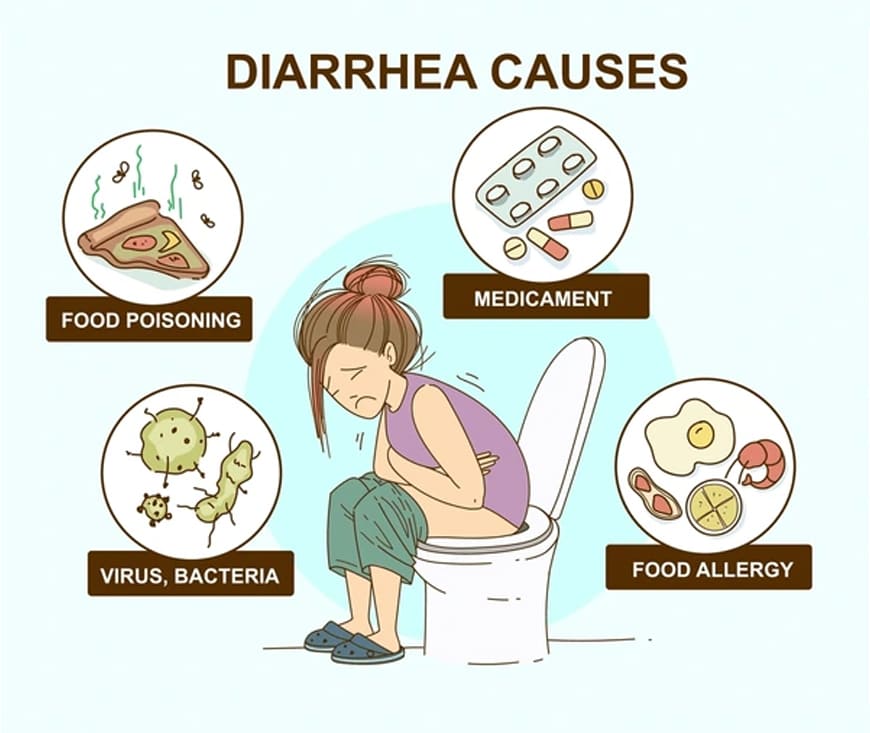
Diarrhea treatment focuses on hydration, as it can lead to dehydration. Oral rehydration solutions (ORS) help replenish lost fluids and electrolytes. Over-the-counter medications like loperamide can control symptoms, but should be used cautiously. A bland diet (e.g., BRAT—bananas, rice, applesauce, toast) is recommended. If diarrhea persists or is severe, consult a healthcare
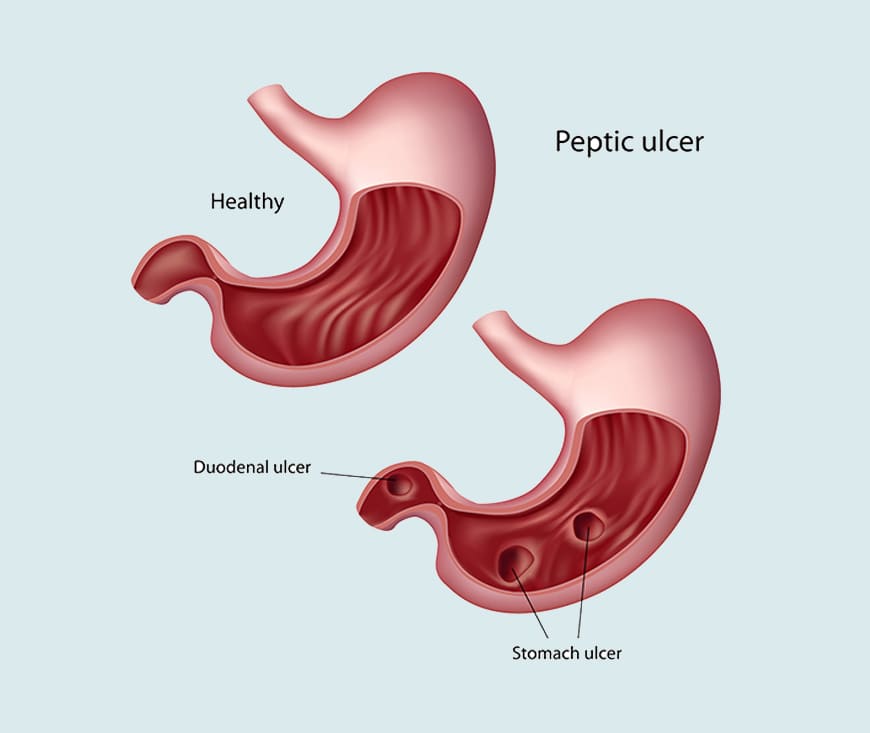
Duodenal ulcer treatment focuses on reducing stomach acid and promoting healing. Medications like proton pump inhibitors (PPIs) or H2 blockers help reduce acid production. Antibiotics may be prescribed if the ulcer is caused by *Helicobacter pylori* infection. Antacids and lifestyle changes, such as avoiding spicy foods and reducing stress, can also aid in recovery.
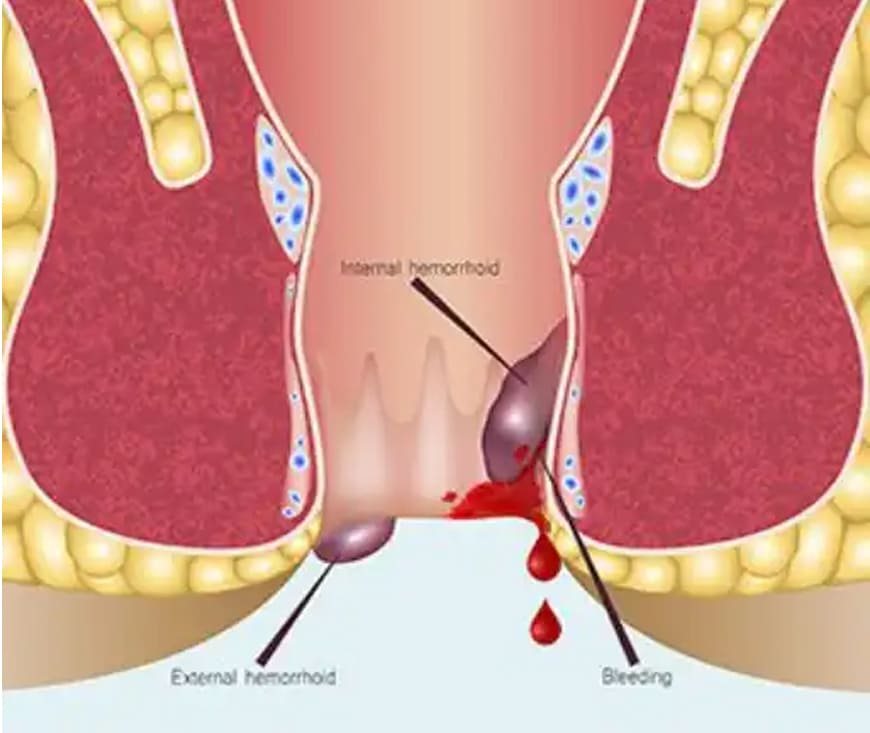
Fissures, or anal fissures, are small tears in the skin around the anus, causing pain
and discomfort. Treatment involves using stool softeners to ease bowel movements, warm
sitz baths to soothe the area, and topical creams or ointments like hydrocortisone to
reduce inflammation. In some cases, surgery may be needed for chronic fissures.
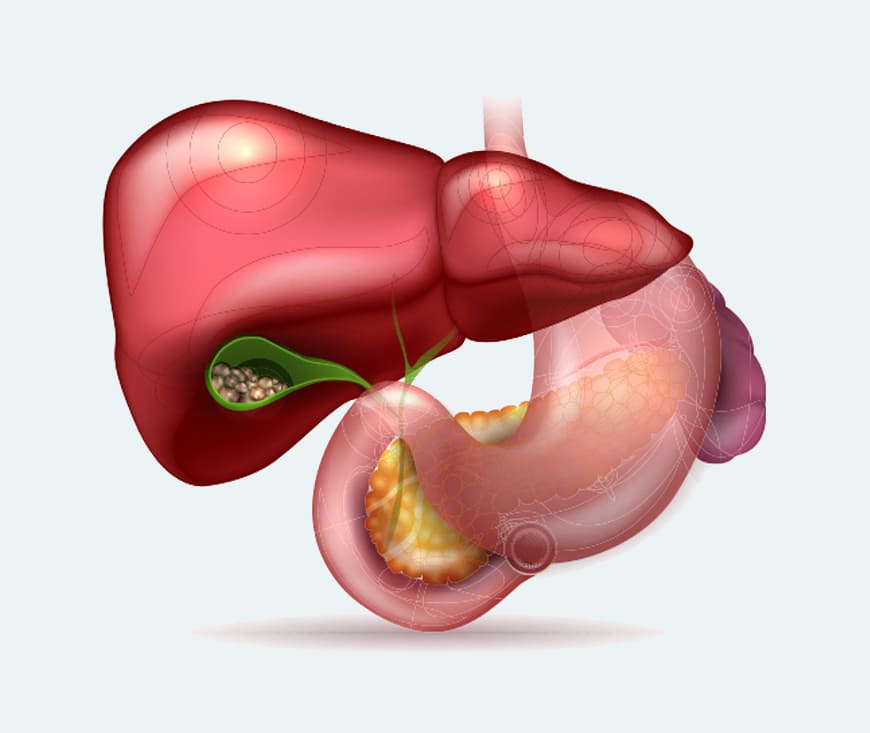
Gallstones are solid particles that form in the gallbladder, often causing pain or digestive issues. Treatment options include medications to dissolve small stones or surgery to remove the gallbladder (cholecystectomy) for more severe cases. Maintaining a healthy diet, rich in fiber and low in fats, can help prevent recurrence. If symptomatic, consult a healthcare provider for personalized care

Hepatitis is an inflammation of the liver, commonly caused by viral infections (A, B, C) or excessive alcohol use. Treatment depends on the type and severity of the condition. Antiviral medications, lifestyle changes, and regular monitoring help manage chronic hepatitis. In severe cases, a liver transplant may be required. Early detection and medical guidance are essential for effective treatment

Inflammatory Bowel Disease (IBD) includes conditions like Crohn's disease and ulcerative colitis, which cause chronic inflammation in the digestive tract. Treatment involves anti-inflammatory medications, immune system suppressors, and biologics to reduce inflammation and manage symptoms. A healthy diet, stress management, and sometimes surgery may be necessary.
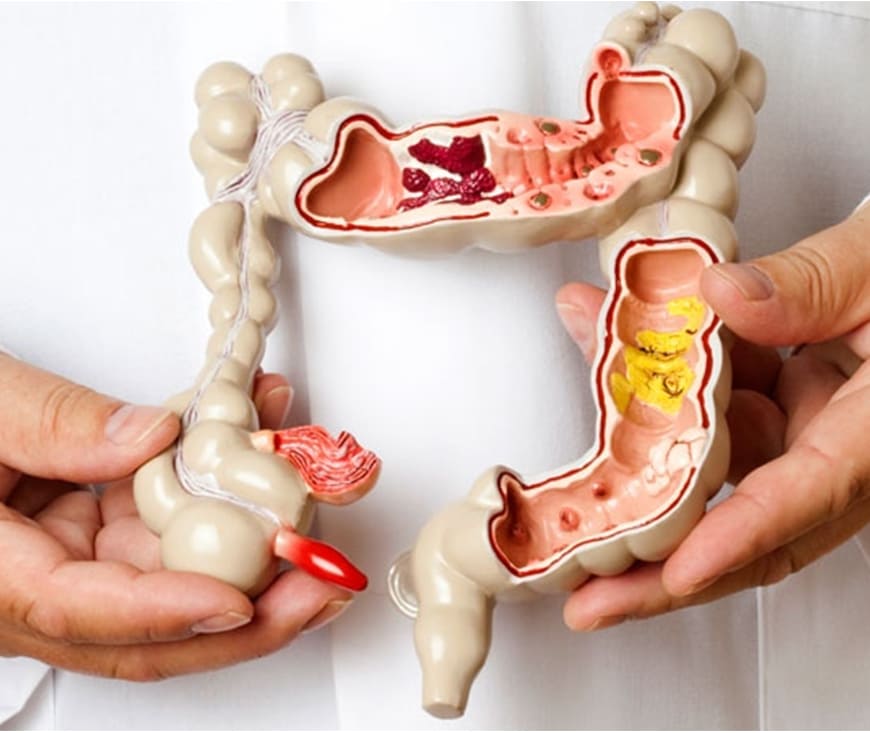
Irritable Bowel Syndrome (IBS) is a common digestive condition that causes symptoms like
cramping, bloating, diarrhea, and constipation. Treatment often involves dietary
changes, such as a low FODMAP diet, and stress management techniques. Medications like
fiber supplements, antispasmodics, or laxatives can help control symptoms.

Pancreatitis is inflammation of the pancreas, often caused by gallstones, heavy alcohol
use, or high triglyceride levels. Acute pancreatitis requires hospitalization for
fluids, pain relief, and sometimes antibiotics. Chronic pancreatitis may involve enzyme
replacements, pain management, and lifestyle changes like a low-fat diet and avoiding
alcohol.

Piles, or hemorrhoids, are swollen blood vessels in the rectal area causing pain, itching, or bleeding. Treatment includes topical creams or ointments for relief, stool softeners, and warm sitz baths. For more severe cases, rubber band ligation or surgery may be necessary. A high-fiber diet and regular exercise can help prevent recurrence. Consult a healthcare provider for appropriate treatment.
Dr. A. P. Maurya is exceptional! He listens attentively, explains everything in detail, and always makes sure I understand my treatment plan. Highly recommended!
I've been seeing Dr. Maurya for years. He helped me manage my diabetes and always provides advice on how to live a healthier lifestyle. His care is outstanding!
The best doctor I've had! Dr. Maurya genuinely cares about his patients. He takes time to explain things, and I feel confident under his care.
I came to Dr. Maurya with persistent health issues that other doctors couldn't resolve. He diagnosed the problem quickly and put me on a path to recovery.